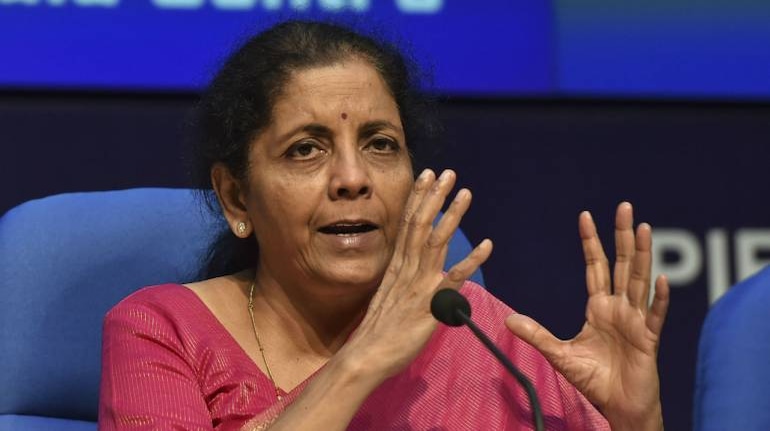



Capital and commodities markets regulator Securities and Exchange Board of India (SEBI) has written to the Ministry of Finance ahead of the Union Budget, recommending about a dozen measures for the commodity market, mutual funds and alternative investment funds (AIFs).
A senior official at the Finance Ministry confirmed this development to Moneycontrol.
SEBI has recommended that a mere switch from one plan to another within the same mutual fund scheme should not attract capital gains tax. Most mutual fund schemes have growth and dividend plans. At the moment, if an investor switches from a growth plan to a dividend plan, or vice-versa, it is deemed as withdrawal from one scheme and capital gains rules apply. Reason being, the net asset value (NAV) of both plans (dividend and growth) are different. Sebi believes that since such switches are within the same schemes and both the plans have the same underlying portfolio, capital gains should not apply.
In Budget 2018, redemptions from equity-oriented mutual fund schemes were subject to 10 percent long term capital gains tax if held for more than a year. However, the same Budget 2018 exempt equity-oriented unit linked investment plans (ULIPs) from this tax. Experts say this has led to many investors switching their investments from equity funds to equity ULIPs.
SEBI said that if the underlying assets for both equity-oriented unit-linked insurance plans (ULIP) and equity mutual funds (MF) are the same, there should not be any tax arbitrage between the two.
SEBI also sought to draw the ministry’s attention to the securities transaction tax. In MFs, equity MFs pay 0.1 percent STT when the fund itself buys or sells securities. Additionally, investors also pay an STT of 0.001 percent at the time of redemption of their units. Sebi has appealed to the finance ministry to remove, what it calls, a dual levy of STT.
Listed debt securities attract long-term capital gains tax (10 percent) after just a year. However, debt MF scheme impose long-term capital gains (20%, with indexation benefits) after three years. Short-term capital gains in both these cases are taxed at personal income-tax rates. SEBI has sought tax parity in these products. It must, however, be noted that unlisted debentures and bonds must be held for three years to be eligible for long-term capital gains taxation at 20 percent (but without indexation).
Further, SEBI sought relief for capital gain tax benefit for unit holders for infrastructure investment trusts (InvITs). At the moment, an InvIT attracts long-term capital gains taxation of 10 percent, if units are sold after 36 months or three years. If units are sold within three years, the InvIT attracts short-term capital gains tax at personal income-tax rates. Sebi also sought an exemption from the long-term capital gains tax for InvITs.
SEBI also sought pass through status for alternative investment fund category three (III), the same as categories I and II.
According to a recent tax notification, category III will be in the highest tax bracket of 42.7 percent, which is disincentivised to a new fund. The number of AIFs has come down after new tax regime, as they now attract only the risk-taking investors.
SEBI also sought a reduction in commodity transaction tax (CTT) in the upcoming budget. A commodity broker, who did not wish to be named, told Moneycontrol: "CBDT earns only Rs 500-600 crore through CTT, but after the tax was imposed, trading volumes have shrunk by nearly 75 percent. A lot of the volume is now happening in the dabba (unofficial) market".
Discover the latest Business News, Sensex, and Nifty updates. Obtain Personal Finance insights, tax queries, and expert opinions on Moneycontrol or download the Moneycontrol App to stay updated!
Find the best of Al News in one place, specially curated for you every weekend.
Stay on top of the latest tech trends and biggest startup news.